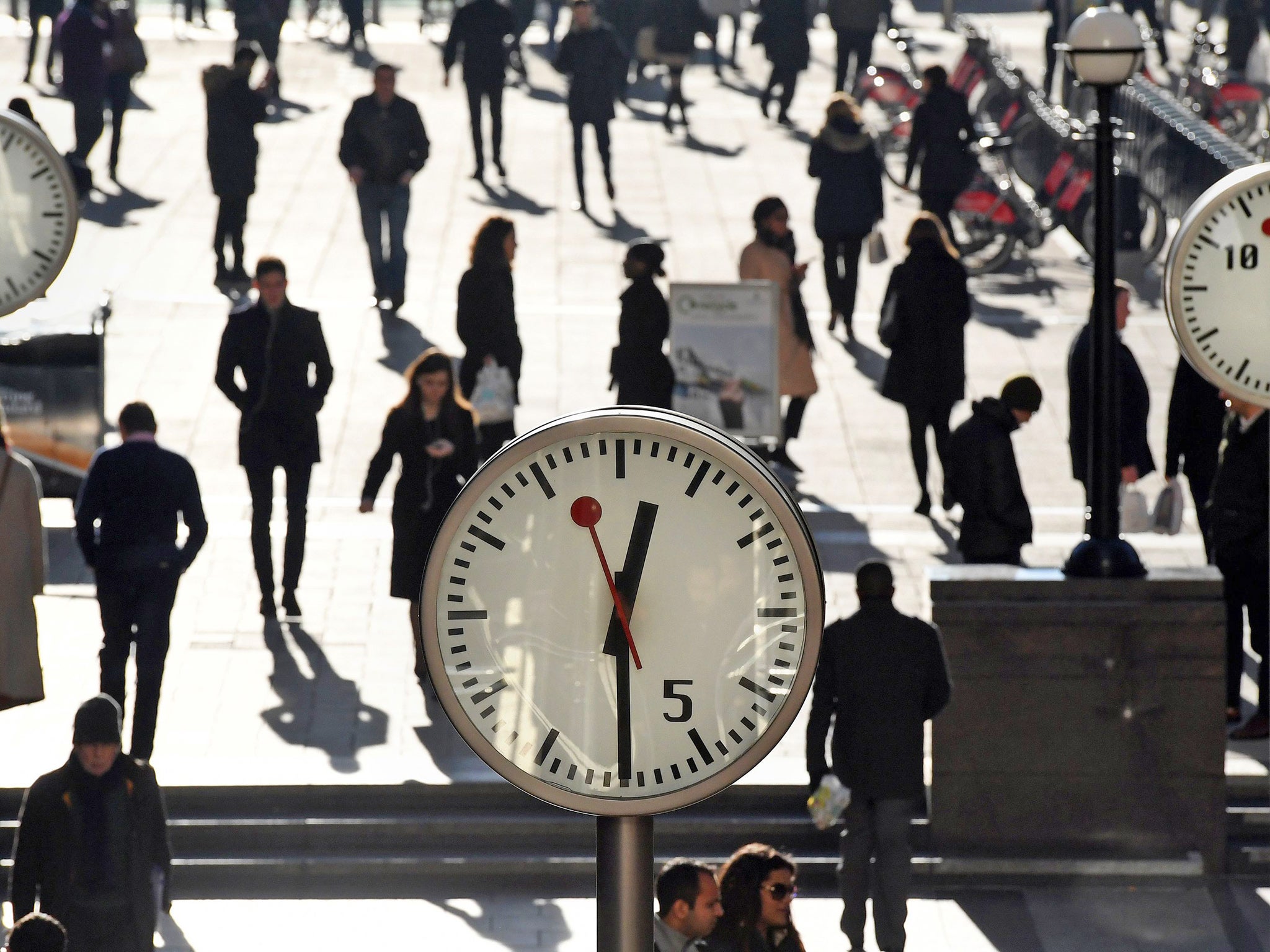GCSE and A-level students cannot tell time on traditional analogue clock, teachers suggest
Digital devices are being installed in exam halls because teenagers struggle to read face on traditional timepieces

Your support helps us to tell the story
From reproductive rights to climate change to Big Tech, The Independent is on the ground when the story is developing. Whether it's investigating the financials of Elon Musk's pro-Trump PAC or producing our latest documentary, 'The A Word', which shines a light on the American women fighting for reproductive rights, we know how important it is to parse out the facts from the messaging.
At such a critical moment in US history, we need reporters on the ground. Your donation allows us to keep sending journalists to speak to both sides of the story.
The Independent is trusted by Americans across the entire political spectrum. And unlike many other quality news outlets, we choose not to lock Americans out of our reporting and analysis with paywalls. We believe quality journalism should be available to everyone, paid for by those who can afford it.
Your support makes all the difference.GCSE and A-level students are increasingly unable to tell the time on an analogue clock, teachers have warned.
Digital clocks are being installed in exam halls because teenagers struggle to read the traditional clock face, they said.
One teacher, reported in Tes, told a conference in London: “It is amazing the number of students I am coming across in Year 10, 11 and in sixth form who do not know how to tell the time.
”We live in a world where everything is digital. We are moving towards a digital age and they do not necessarily have analogue watches anymore and they have mobile phones with the time on."
Stephanie Keenan, a teacher at Ruislip High School in London, said her school had replaced analogue clocks for digital ones in the exam hall.
And Nicola Towle said on Twitter that the same had happened at her school because “pupils couldn’t use it to tell the time”.
A number of teachers shared their experiences about the issue on social media.
The curriculum in primary schools requires pupils to learn to tell the time on an analogue clock – but some suggested that the digital age meant some might have forgotten it.
Meanwhile, others suggested that using digital clocks could be helpful to students with dyslexia.
Malcolm Trobe, deputy general secretary of the Association of School and College Leaders (ASCL), said young people were much more used to using digital clocks.
He said: “Young people find it a bit easier to use a digital clock – and if they’re timing themselves for questions, it might make it less likely that they’ll make mistakes.”
Join our commenting forum
Join thought-provoking conversations, follow other Independent readers and see their replies
Comments